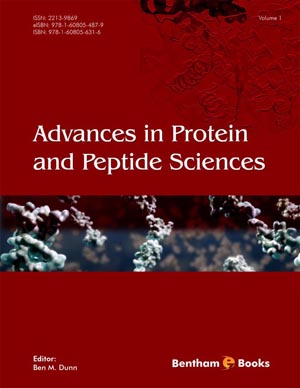Abstract
The Helmholtz free energy, F and the entropy, S are related thermodynamic quantities with a special importance in structural biology. We describe the difficulties in calculating these quantities and review recent methodological developments, concentrating on the calculation of the absolute free energy of protein-ligand binding. A protein typically resides in a single microstate (a limited region in space, such as the α-helical region of a peptide), but sometimes can interconvert among several microstates at thermodynamic equilibrium. Since this flexibility is essential for protein function we discuss the problems involved in the definition, simulation, and free energy calculation of microstates. While the review is broad, a special emphasis is given to methods for calculating the absolute F (and S), where our HSMD method is discussed in some detail.
Keywords: Free energy, entropy, computer simulation, protein-ligand binding, absolute free energy of binding, thermodynamic integration, free energy perturbation, peptides, α-helix, protein folding, microstates, polymers.






















